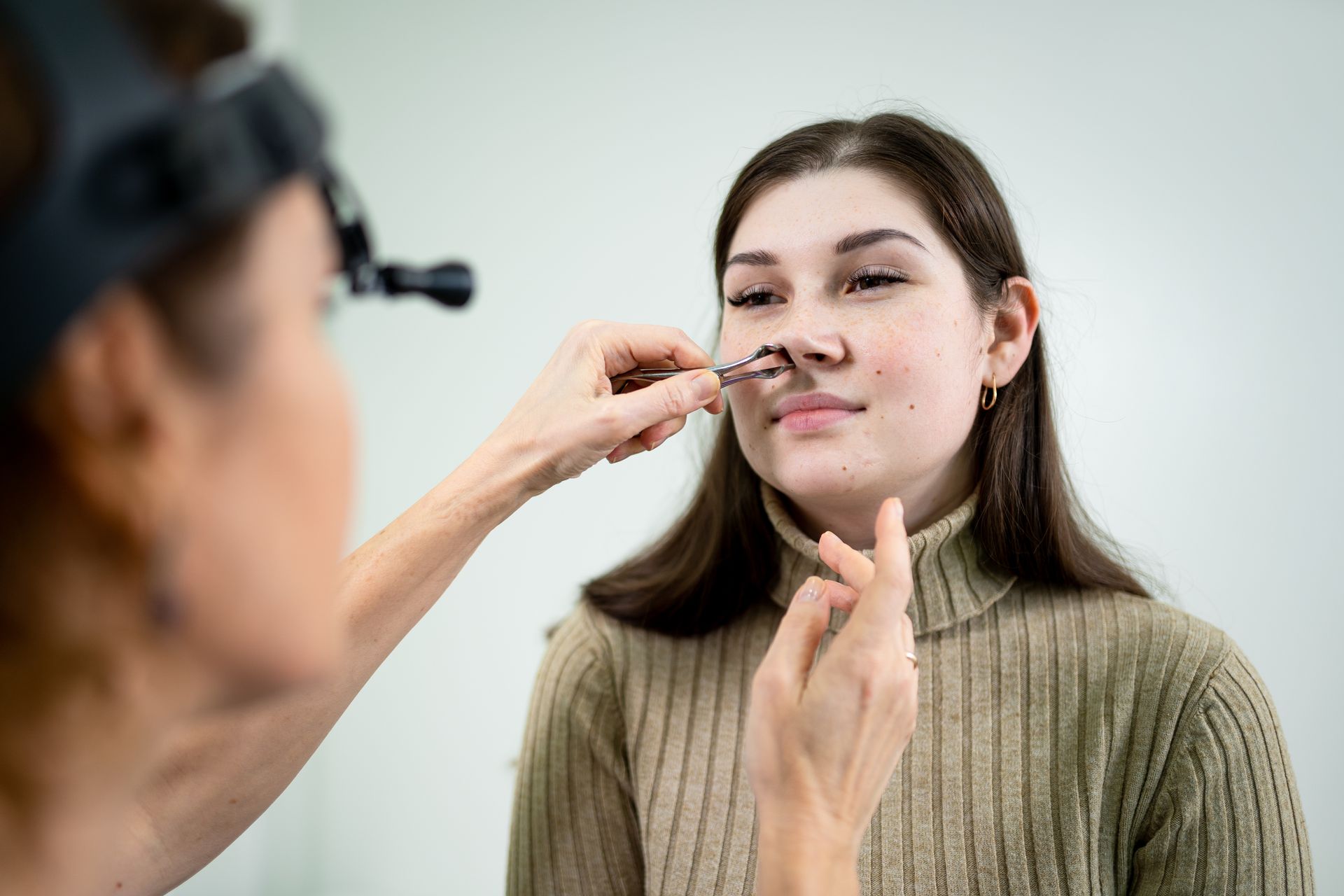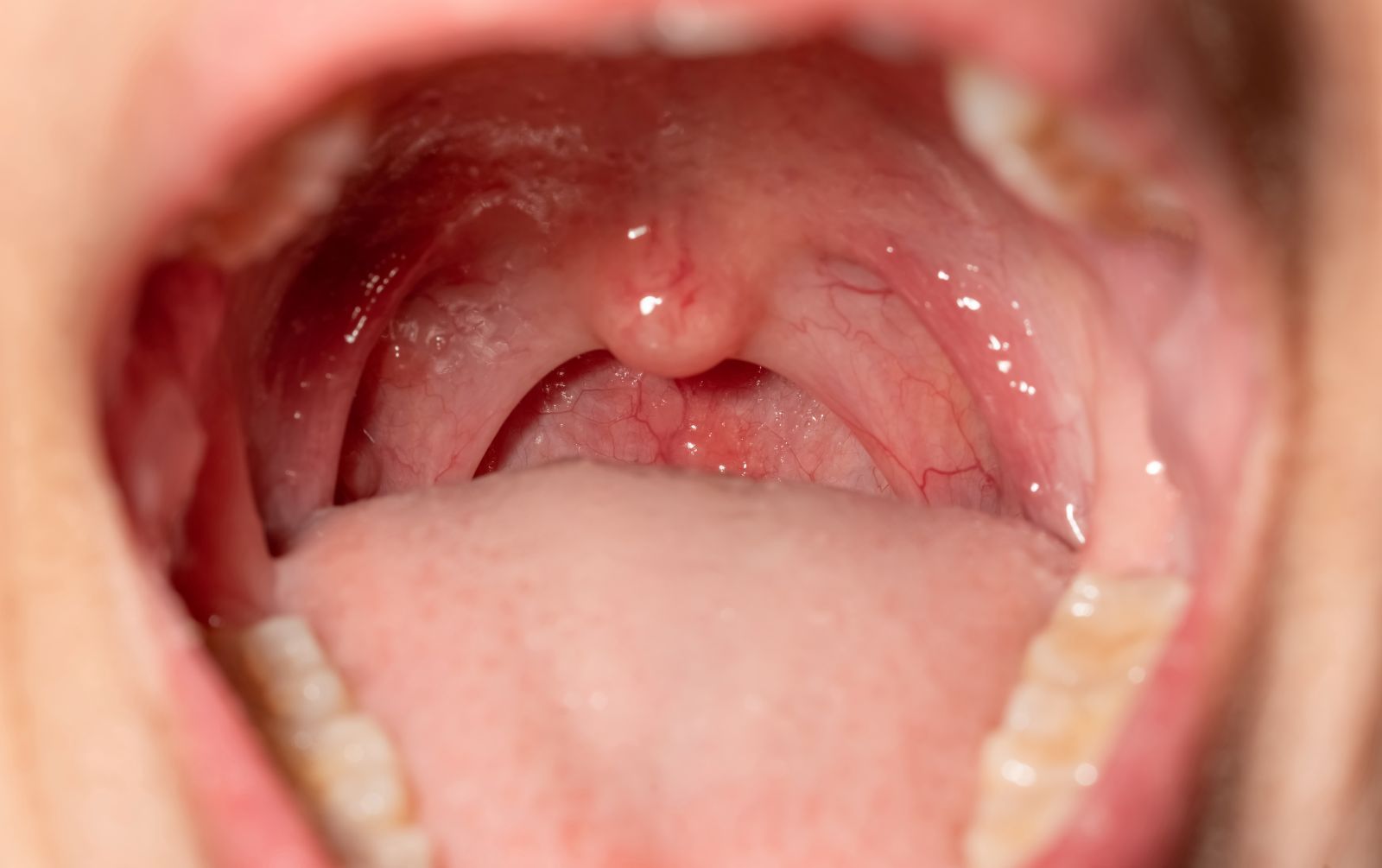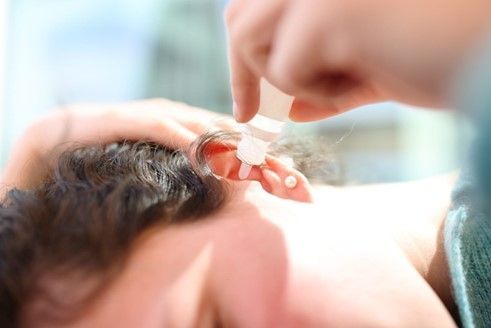Laryngitis Unveiled: Exploring Causes, Symptoms, and Effective Management
Laryngitis, a condition that affects the voice box or larynx, can be quite a nuisance. Whether you are a professional singer, public speaker, or simply someone who enjoys conversing with others, the loss of voice can be frustrating and disruptive. In this blog, we will discuss the causes, symptoms, and effective management strategies for laryngitis.
What is Laryngitis?
Laryngitis refers to the inflammation of the larynx, commonly known as the voice box. This inflammation can cause a hoarse or raspy voice, or in some cases, complete loss of voice. While acute laryngitis is usually temporary and resolves on its own within a week or two, chronic laryngitis may require medical intervention.
Causes of Laryngitis
- Viral Infections: The most common cause of laryngitis is viral infections, such as the common cold or flu. These infections cause swelling and irritation of the vocal cords, leading to hoarseness or loss of voice.
- Strain and Overuse: Excessive use of the voice, such as yelling, singing loudly, or speaking for extended periods without proper vocal rest, can strain the vocal cords and contribute to laryngitis.
- Gastroesophageal Reflux Disease (GERD): Acid reflux or GERD can cause stomach acid to flow back up into the throat, resulting in irritation and inflammation of the vocal cords.
- Smoking and Irritants: Smoking and exposure to irritants like secondhand smoke, allergens, or chemicals can irritate the vocal cords and lead to laryngitis.
- Recurring Respiratory Infections: Frequent respiratory infections can cause chronic inflammation of the vocal cords, leading to persistent laryngitis.
Recognizing the Symptoms
The symptoms of laryngitis may vary depending on the severity and underlying cause. Common symptoms include:
- Hoarseness or loss of voice
- Scratchy, dry throat
- Sore throat
- Difficulty speaking or producing sound
- Mild coughing
- Throat pain or discomfort
It's important to note that if laryngitis persists for an extended period, is accompanied by severe pain, difficulty breathing, or coughing up blood, to seek medical attention promptly.
How is Laryngitis Evaluated?
Laryngitis is typically evaluated through a combination of medical history, physical examination, and diagnostic tests. Here is an overview of the evaluation process for laryngitis:
- Medical History: The healthcare provider will inquire about your symptoms, duration of hoarseness, any recent illnesses or vocal strain, and potential exposure to irritants or allergens.
- Laryngoscopy: A thorough examination of the throat, vocal cords, and surrounding areas may be conducted using a laryngoscope. This allows the healthcare provider to assess the condition of the vocal cords and check for any abnormalities or signs of inflammation.
- Videostroboscopy: In some cases, a
videostroboscopy may be performed. This procedure uses a specialized instrument called a stroboscope to view the vocal cords in motion, enabling a detailed assessment of their structure and function.
- Laboratory Tests: If an underlying infection is suspected, a swab or sample of mucus from the throat may be collected for laboratory analysis to identify the specific pathogens involved.
- Biopsy: In rare cases where more serious conditions are suspected, a biopsy may be performed. This involves taking a small tissue sample from the vocal cords for further examination under a microscope.
Evaluation methods used may vary depending on the severity and duration of symptoms, as well as individual patient factors. A healthcare professional will determine the appropriate evaluation approach based on your unique situation.
Effective Management Strategies
While it may be challenging to prevent the occurrence of laryngitis since it is often caused by viral infections like cold or flu, there are strategies available to effectively manage it. Consider the following approaches:
- Rest Your Voice: Give your vocal cords a break by limiting the use of your voice as much as possible. Avoid whispering, as it puts additional strain on the vocal cords.
- Stay Hydrated: Drink plenty of fluids to maintain hydration.
- Avoid Irritants: Steer clear of smoking and exposure to irritants like secondhand smoke and chemicals that can further irritate the vocal cords.
- Humidify the Air: Use a humidifier in your living space to add moisture to the air and prevent dryness in your throat.
- Steam Inhalation: Inhaling steam from a bowl of hot water or using a humidifier can help hydrate and soothe your throat.
- Over-the-Counter Medications: Non-prescription pain relievers or throat lozenges may offer temporary relief from discomfort.
- Medical Evaluation: If laryngitis persists for more than two weeks or becomes chronic, it is advisable to consult a healthcare professional for a proper diagnosis and guidance on further treatment options.
Conclusion
Laryngitis can be a temporary setback for those who rely on their voice for work or pleasure. By understanding its causes, recognizing the symptoms, and implementing effective management strategies, we can navigate through this condition with patience and care. Remember to prioritize self-care and seek medical advice when necessary to ensure a smooth recovery and the restoration of your powerful voice.
If you are experiencing persistent hoarseness, the team of physicians at Kentuckiana ENT is ready to assist you. Our dedicated voice surgeon and laryngologist, who have undergone specialized training, can create a personalized management plan to address your needs. For more information, contact us online or reach out to us at 502-894-8441.













